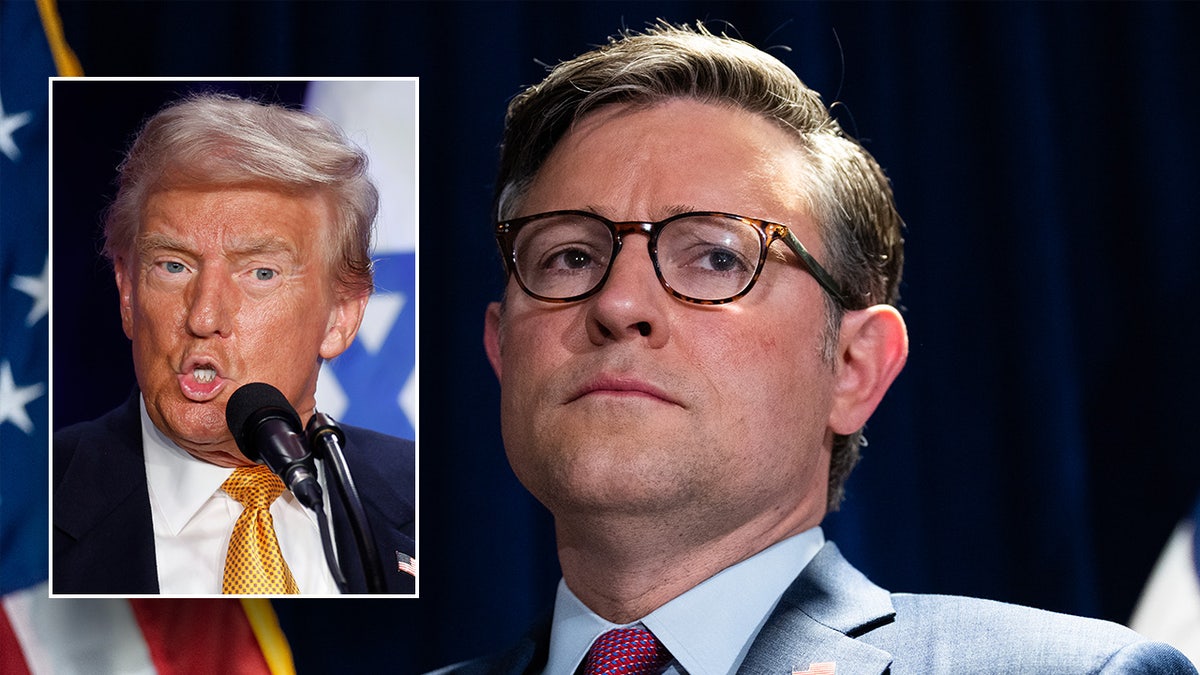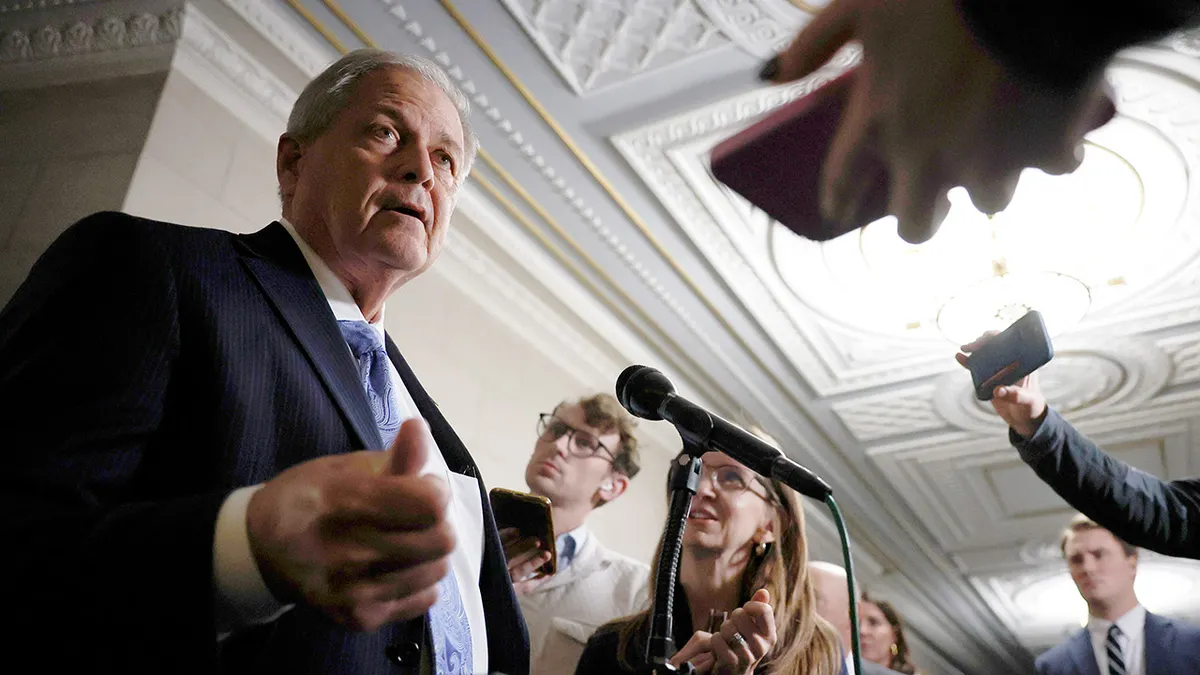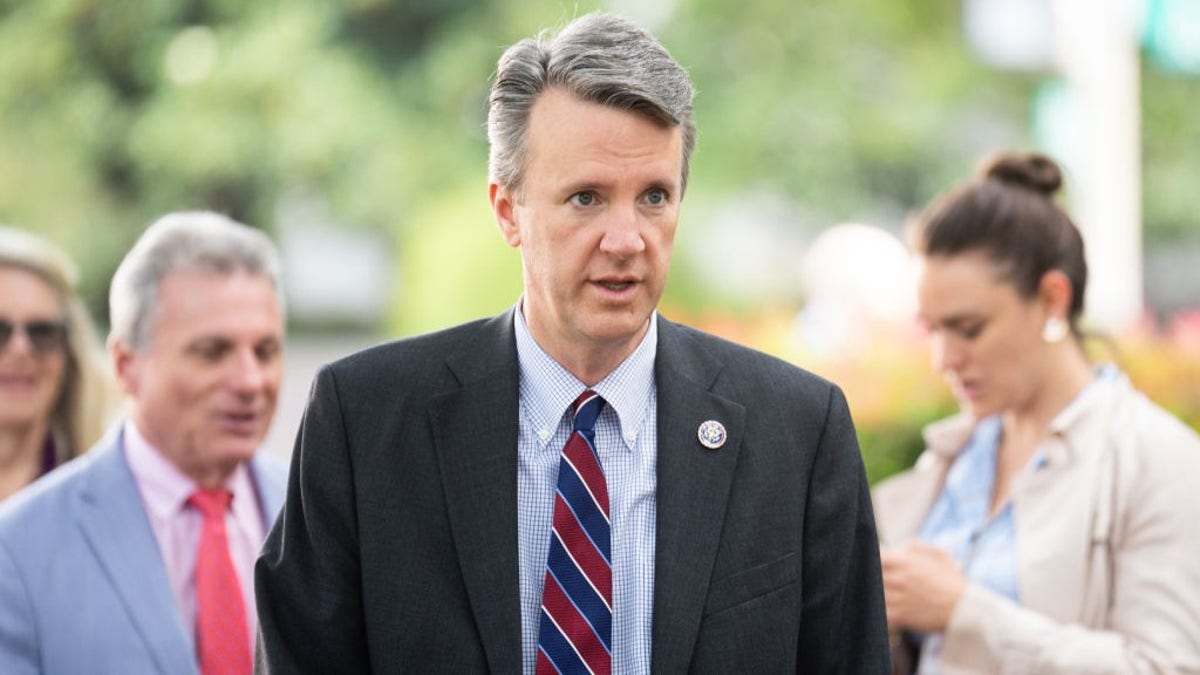Republicans in the House of Representatives have encountered a roadblock in their efforts to swiftly enact President Trump's agenda. A crucial vote on a substantial conservative policy bill has been postponed, disrupting their timeline.
The House Budget Committee's initial plan to finalize the legislation this week has been abandoned, according to a source close to the planning process. This delay stems from disagreements within the panel, with conservative members pushing for more aggressive reductions in federal spending before entering negotiations with the Senate.
Rep. Ralph Norman (R-S.C.), a member of the House Budget Committee, emphasized the importance of setting a high baseline for spending cuts. He expressed concerns that a low floor would limit the ultimate savings achieved. "I have no confidence that they would exceed whatever level we put in there," he stated.

Speaker Mike Johnson faces the challenge of navigating a slim House majority while striving to implement the President's agenda. (Getty Images)
Norman is among several members of the fiscally conservative House Freedom Caucus serving on the budget committee. Their influence is magnified by the GOP's narrow majority, where dissent from even a few members can derail legislation.
This presents a significant obstacle for Republicans as they aim to utilize their control of both chambers to enact a comprehensive conservative policy overhaul through the budget reconciliation process. This process allows them to bypass the 60-vote threshold in the Senate, requiring only a simple majority for passage, as long as the measures are budget-related. The House already operates under a simple majority rule.
Republicans intend to leverage reconciliation to advance a range of Trump's policy priorities, including increased border security funding and tax cuts. However, conservative members are demanding substantial deficit reduction through significant spending cuts to offset any new expenditures.

Rep. Ralph Norman is a leading voice among conservatives advocating for substantial spending cuts as part of the reconciliation process. (Chip Somodevilla/Getty Images)
The initial step in reconciliation involves passing the bill through the congressional budget committees, which then instruct other committees to identify areas for cuts and policy adjustments within their respective jurisdictions.
While Speaker Johnson has indicated that proposed spending cut guidelines represent a "floor" rather than a "ceiling," conservatives have reportedly rejected initial proposals of $300 billion in cuts alongside $325 billion in new defense and border spending, as well as a subsequent offer of roughly $900 billion in cuts with approximately $300 billion in new spending. Norman has advocated for a significantly higher floor of $2 trillion to $3 trillion in cuts.

Rep. Ben Cline expressed optimism about reaching an agreement but stressed the importance of initiating the process from the most fiscally conservative stance. (Bill Clark/CQ-Roll Call, Inc via Getty Images)
Rep. Ben Cline (R-Va.), another Freedom Caucus member on the budget panel, expressed optimism about eventually reaching a consensus but emphasized the need to begin from a fiscally conservative standpoint, acknowledging the Senate's potentially lesser commitment to fiscal restraint.
Speaker Johnson has expressed his desire for the bill to progress through the committee this week, aiming for an initial House vote by the end of February. He highlighted the need to offset potential deficit increases from measures like extending the Trump-era tax cuts.
Comments(0)
Top Comments